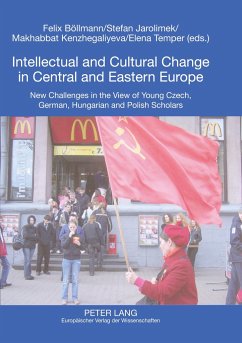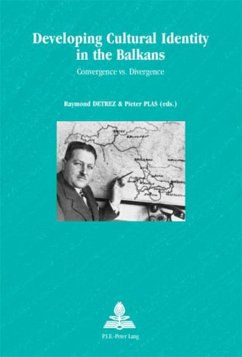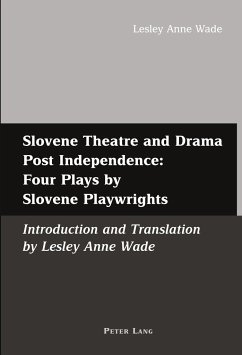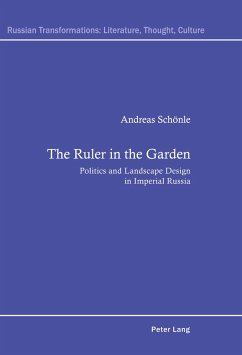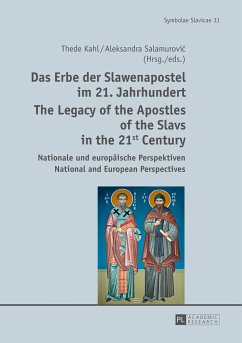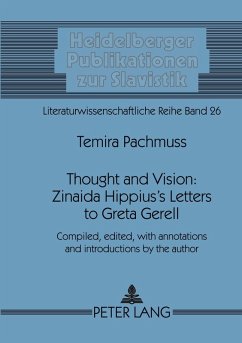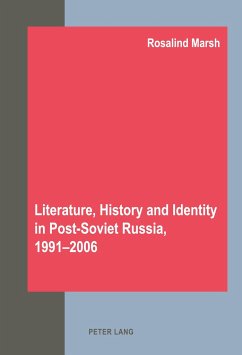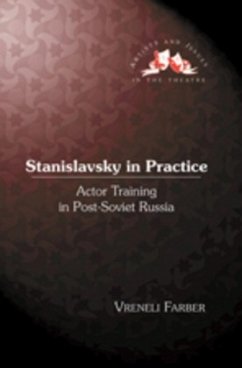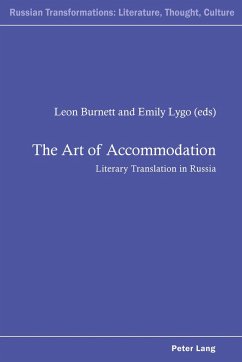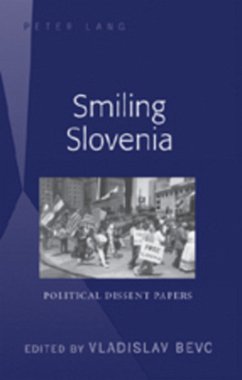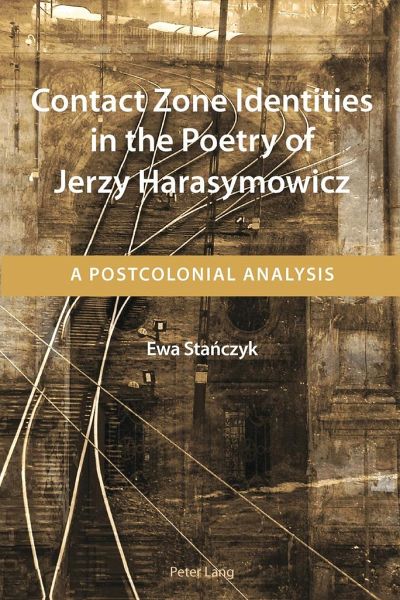
Contact Zone Identities in the Poetry of Jerzy Harasymowicz
A Postcolonial Analysis
Versandkostenfrei!
Versandfertig in 6-10 Tagen
73,25 €
inkl. MwSt.

PAYBACK Punkte
0 °P sammeln!
This book analyses articulations of cultural identity in the work of the twentieth-century Polish poet Jerzy Harasymowicz, concentrating on the ways in which his shifting perspectives on the Carpathian Lemko Region are used to address the dilemmas of power, hybridity and interethnic contact. Set against the background of communist Poland, the poems examined here challenge official narratives of identity, while exploring the possibilities and limits of self-creation in poetry. Constituting the first post-1989 reading of Harasymowicz's verse, free from the constraints imposed by political censor...
This book analyses articulations of cultural identity in the work of the twentieth-century Polish poet Jerzy Harasymowicz, concentrating on the ways in which his shifting perspectives on the Carpathian Lemko Region are used to address the dilemmas of power, hybridity and interethnic contact. Set against the background of communist Poland, the poems examined here challenge official narratives of identity, while exploring the possibilities and limits of self-creation in poetry. Constituting the first post-1989 reading of Harasymowicz's verse, free from the constraints imposed by political censorship, this book provides a reinterpretation of the poet's work and reconsiders his contested legacy. By framing the discussion within the context of postcolonial studies, the author explores the usefulness of this approach in reassessing cultural representations of Polish national identity and raises broader questions about the ability of postcolonial theory to redefine the established notions of national literature and culture.





